
Glass Ceilings, Broken Rungs, and Gummy Floors: Part 2
Women remain under-represented in high-paying technical and decision-making roles in STEM professions – a scenario that exposes the Achilles’ heel

A research initiative at The Fletcher School aimed at fostering inclusive growth around the world using the power of digital technologies.
IDEA 2030 is a research initiative that aims to focus the minds of decision-makers through data-driven insights on inclusive digital economies. Housed within Digital Planet at the Institute for Business in the Global Context (IBGC) at The Fletcher School, IDEA 2030 addresses two fundamental issues of our time: the need for inclusive growth and recovery, and the pervasiveness of digital technology.
This initiative brings together a global insight community of leading problem-solvers and researchers. Through these partnerships, the community serves as a “go-to-hub” for emerging markets and technologies by disseminating research and insights on how to make the digital economy work better for everyone, everywhere.
1. How do we learn from the experiences during and beyond the lockdowns around the world and ensure that the digital technology in each of the countries studied promotes inclusive growth and build systems to prevent it from deepening divides?
2.What actions must be taken by policymakers, businesses, social sector actors, and ordinary citizens to power digital inclusion and mitigate the risks – and which areas present the biggest opportunities?
3. What are the business and innovation implications of solving for digital inclusion?
4. How do the answers to these questions help rebuild more widely shared trust in the digital economy as a force for socio-economic progress and development?
The IDEA 2030 Council is a global network of researchers comprising academics, social entrepreneurs,
AI analysts and global consultants focused on unraveling an inclusive digital future for all.
Professor and Director
of the Digital Trade
and Data Governance Hub,
George Washington University
Chair of IDEA 2030;
Dean of Global Business,
The Fletcher School
at Tufts University
Research Director of IDEA 2030;
Director of Research,
The Fletcher School
at Tufts University
Founding Director – Center
for Technology Innovation;
Vice President, Governance
Studies, Brookings Institution
We studied the role of Systems Orchestrators in driving systemic changes on the ground to boost digital ecosystems and create jobs. We found that these orchestrators bring distinct advantages to transforming perceptions in the region.
In collaboration with Dalberg
How can real-time social analytics provide a tool for inclusive policymaking? This report uses a dataset of over 873 million online interactions drawn from more than one hundred social and mainstream media channels to analyze public sentiment and emotion in response to the pandemic management of eight governments between January and July 2020.
In collaboration with Equiception
Recent global estimates suggest that school closures and unequal access to technology-based educational inputs used for remote learning will aggravate the existing equity gaps in education. ASER Digital Check 2020 captures information on various dimensions such as children’s sex, their school type, and their parents’ education level to explore this widening equity gap in education in rural India.
In collaboration with ASER Centre, Pratham India
Data governance has become an essential, albeit challenging task for policymakers. They must develop new visions, strategies, structures, policies, and processes. Governments that can accomodate a flexible approach to governing different types of data use and re-use in a responsive, accountable, ethical, and anticipatory manner are likely to build and maintain trust.
In collaboration with the Digital Trade and Data Governance Hub at The George Washington University
Explore our perspectives and conversations with industry leaders on the impact of war on Ukraine’s digital economy.

Women remain under-represented in high-paying technical and decision-making roles in STEM professions – a scenario that exposes the Achilles’ heel

The under-representation of women in high-paying STEM roles is a vexing issue that exposes a systemic inertia across the industry.
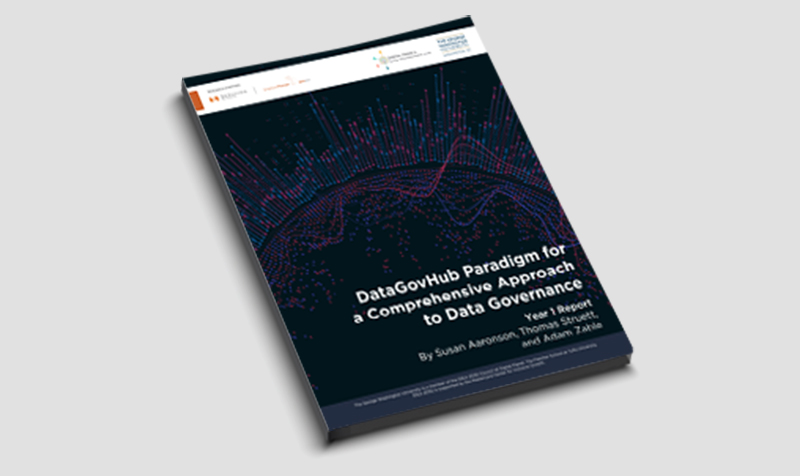
Policymakers face the challenge of governing diverse data effectively to build trust in a flexible, ethical, and accountable manner.
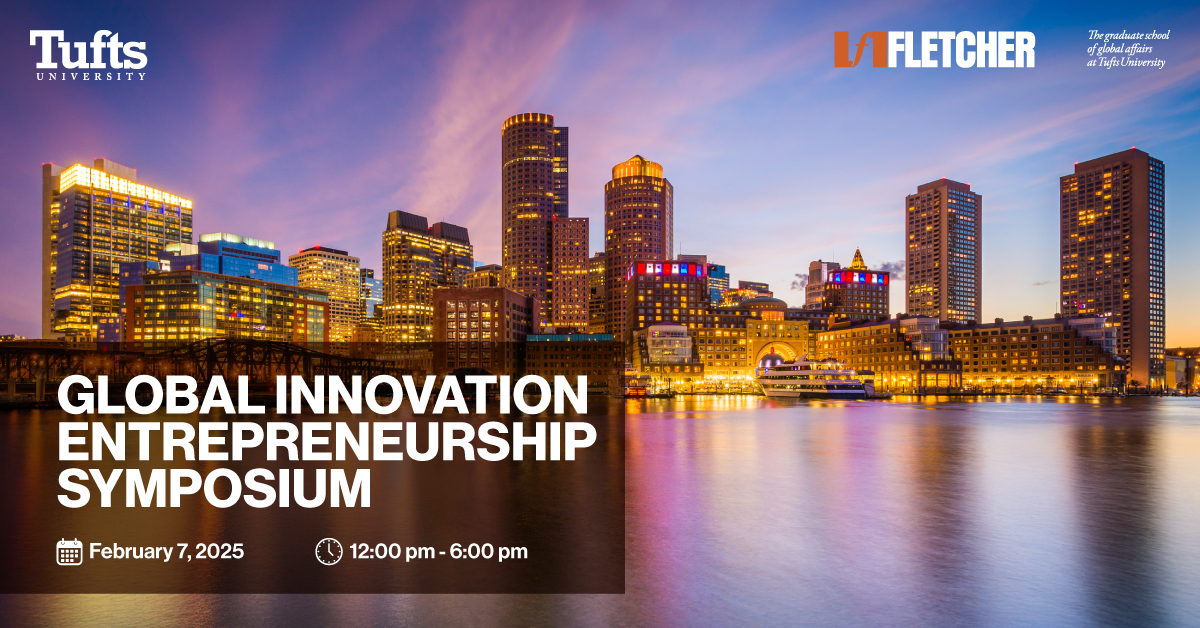
Join us on Feb 07, 2025 at the Joyce Cummings Center for a student-led symposium exploring how tech/AI is shaping the future of international business under new American leadership. Hear from top experts, discuss global trade, AI’s impact, and gain valuable insights.
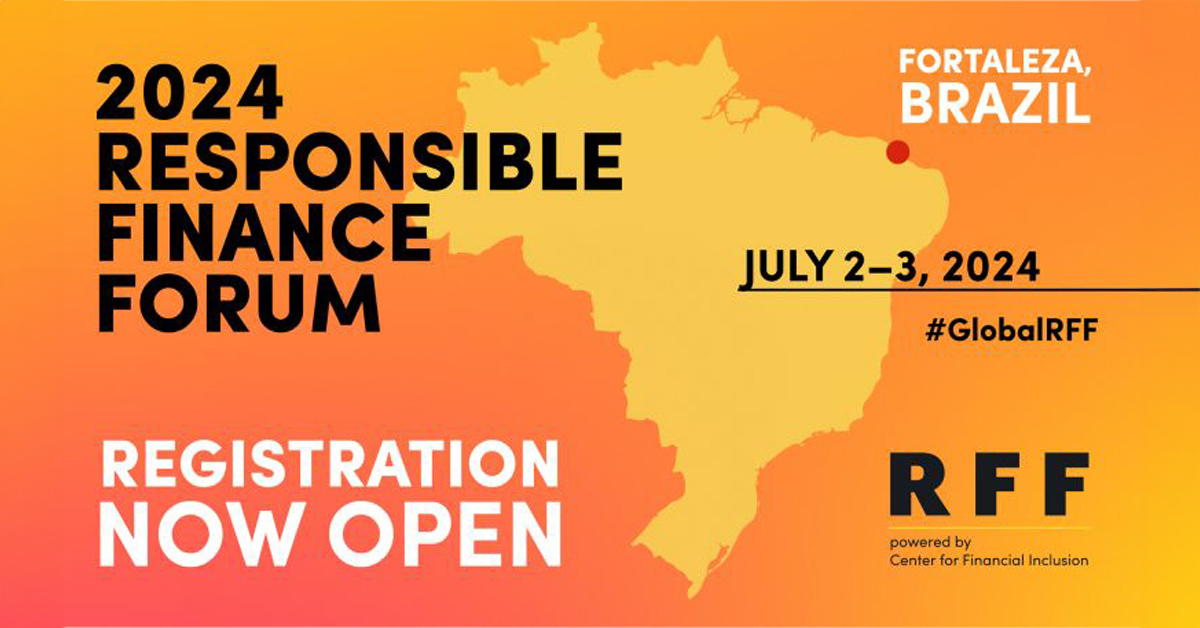
The 2024 Responsible Finance Forum in Fortaleza, Brazil will kickstart the conversations needed to spark systems-level change and achieve the responsible and equitable delivery of quality financial services, all while aiming to obtain the desired outcomes of safety, choice, trust, voice, and improve. Digital Planet is a thought partner for the session.

Food security is among the most pressing issues facing the world today. The International Fund for Agricultural Development’s (IFAD) 47th annual meeting will be held on February 14 and 15. Bhaskar Chakravorti joins IFAD’s Governing Council for an in-depth discussion on innovating for a food-secure future.

Join us on October 12 to celebrate a watershed moment in technology. The first call from a mobile phone was made 50 years ago. Since then, the cellular phone has gone from a communicator to a life assistant. Bhaskar Chakravorti will moderate the speaker panel.
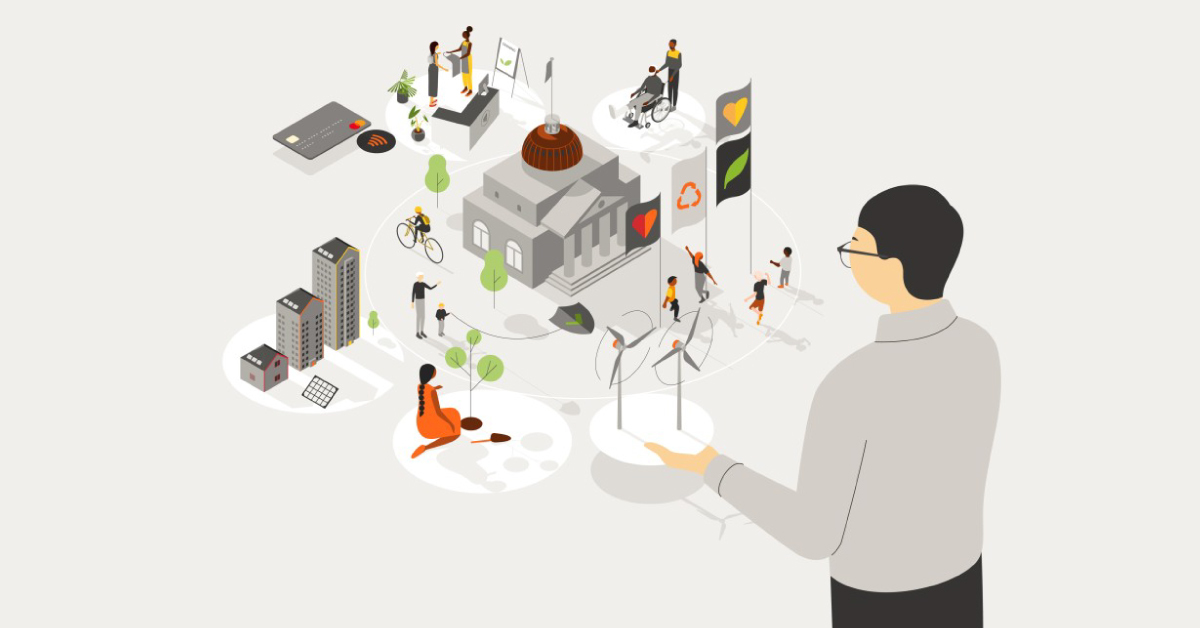
On the sidelines of the 78th UNGA, Digital Planet co-hosted a panel discussion with Mastercard on the opportunities and challenges in the digitalization of government programs and services and how public-private partnerships can deliver on the promise of a more transparent, inclusive, efficient, and resilient governance and help bridge the gap between citizens and governments.

Bridging the U.S. Digital Divide Fairly: An interactive Tool for Broadband Program Officers and Policymakers Who are Preparing to Expand High-Speed Internet Across America
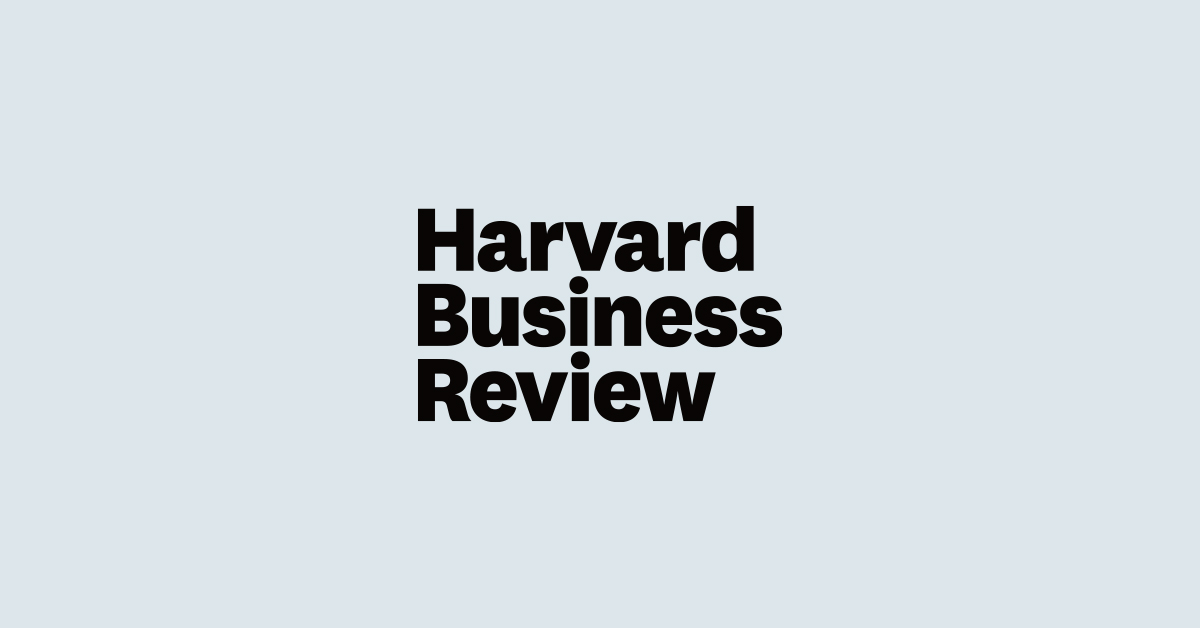
Featuring Bhaskar Chakravorti, Dean of Global Business at The Fletcher School of Law & Diplomacy at Tufts University, founding Executive Director of Fletcher’s Institute for Business in the Global Context, and co-author of the recent HBR article “50 Global Hubs for Top AI Talent.”
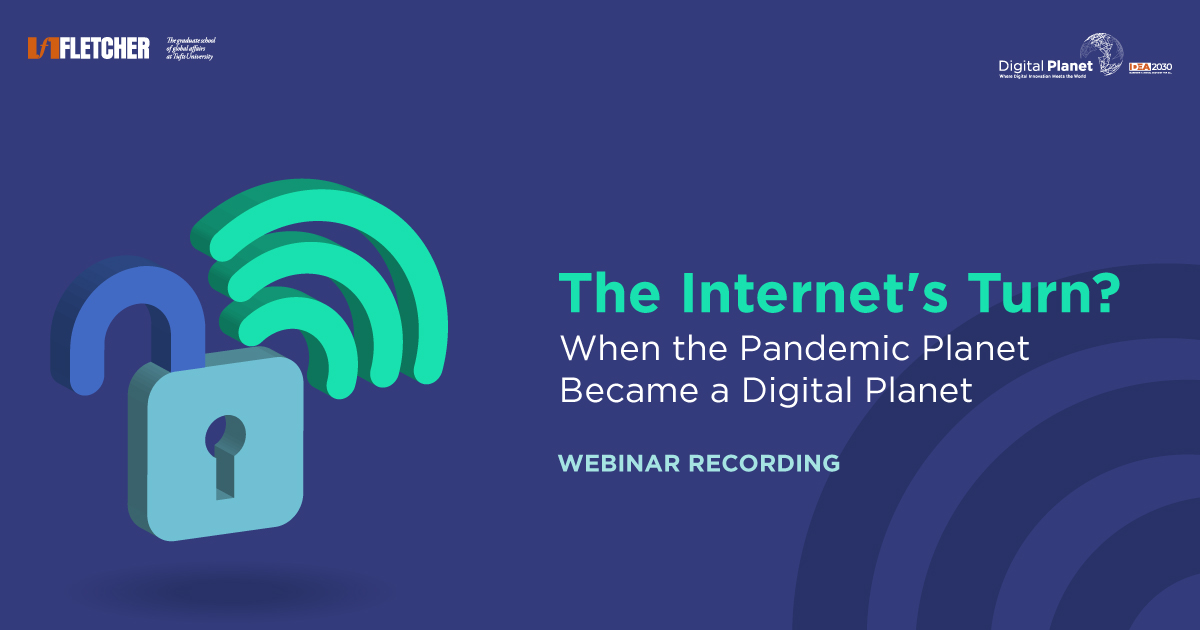
A network of researchers and doers, comprising academics, social entrepreneurs, AI analysts and global consultants, met and discussed the lessons learned from our digital lives around the world during the pandemic. Get a better picture of how we can get from there to a post-pandemic digital economy that works for everyone everywhere.
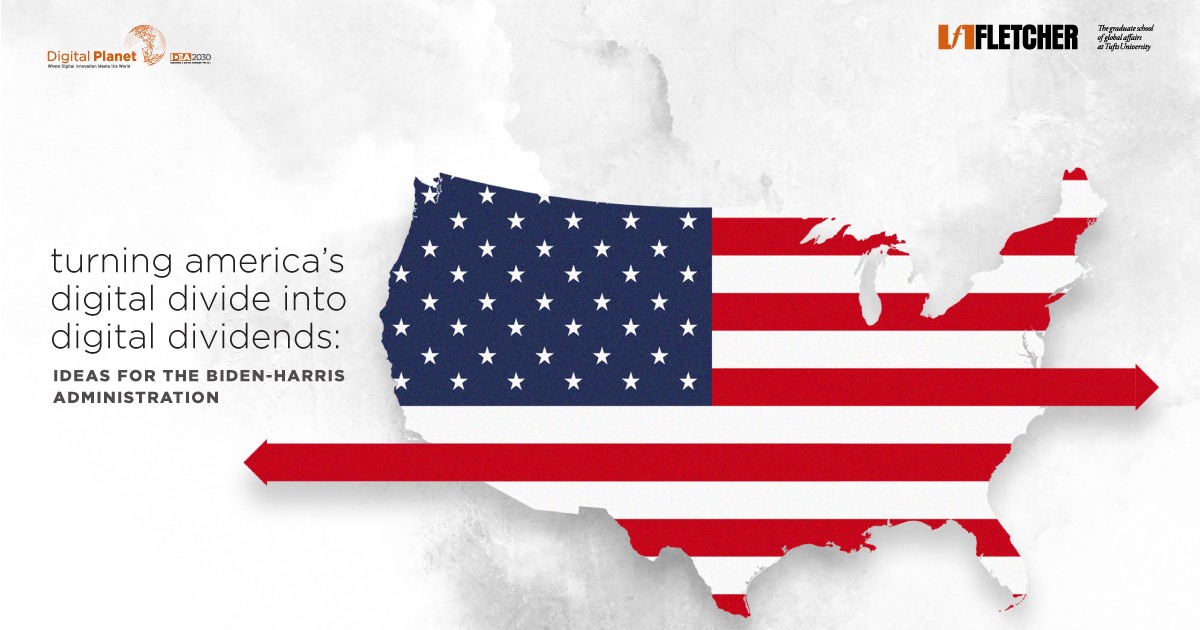
Why are we so divided about the true state of the digital divide in America? What steps might the Biden-Harris administration take to clarify the reality of this divide and move toward closing the gap? This webinar examines how these changes can be transformational for a recovering, yet socially distanced economy.
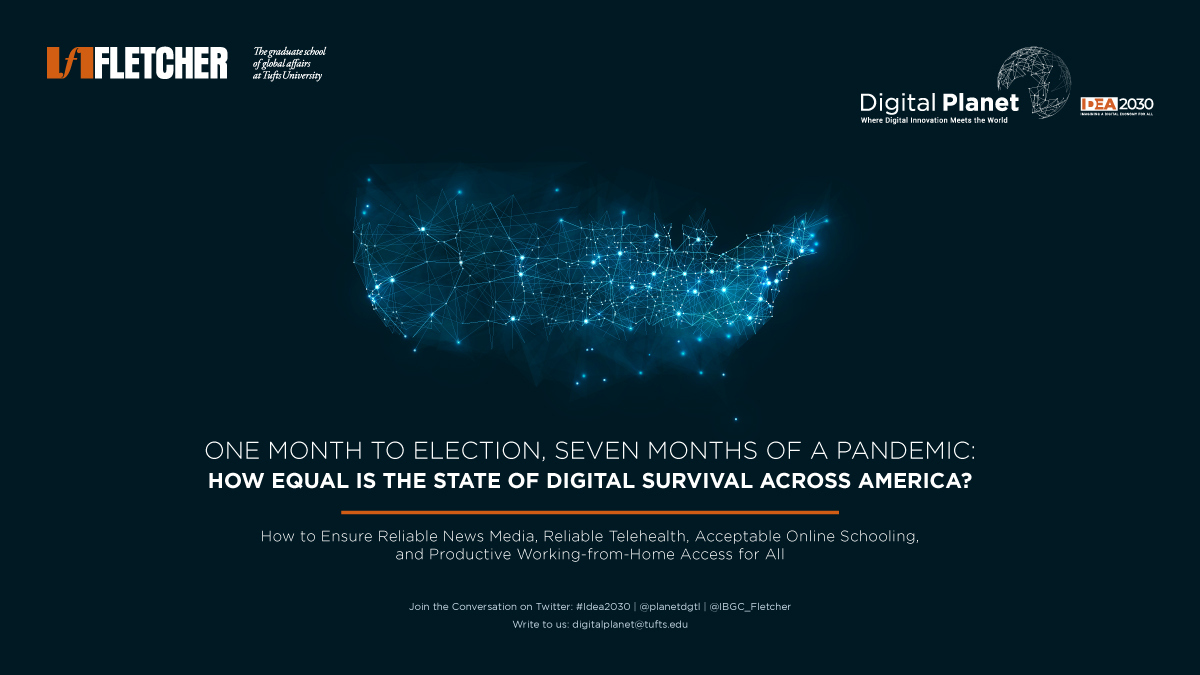
Immunity to pre-election social media misinformation, remote schooling, telehealth access, productive working-from-home: Who has it, and who doesn’t? What can be done? How can we ensure the nation’s digital and democratic health? This webinar seeks to answer these critical questions in order to get us to a more inclusive post-COVID, post-election America.
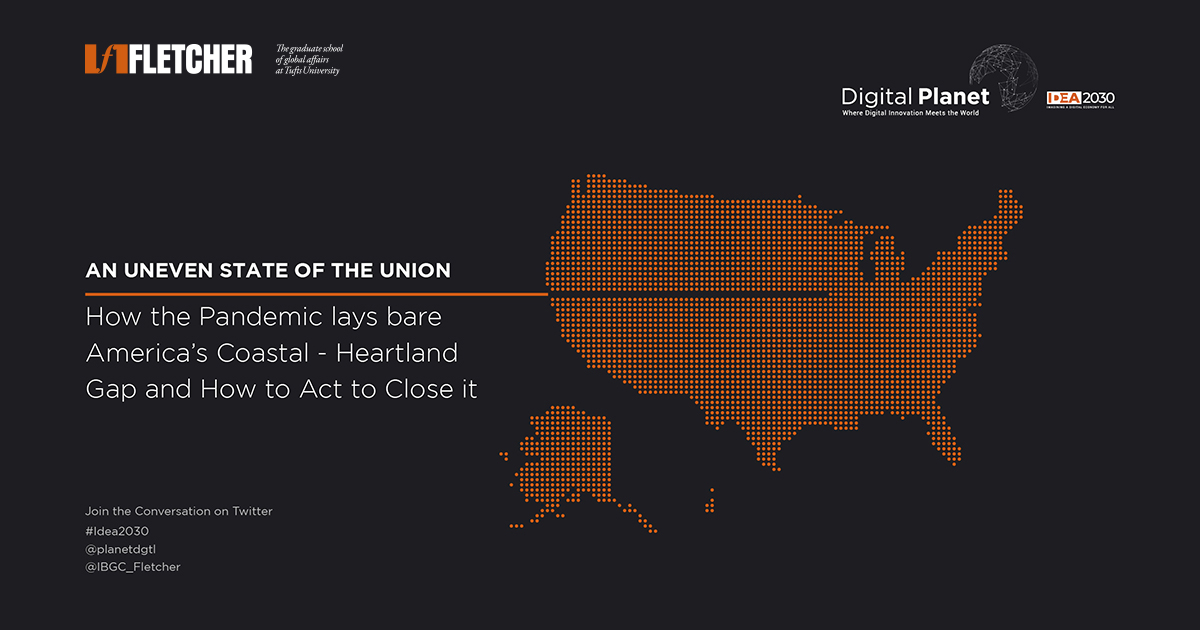
This webinar examines the key findings from the Uneven State of the Union study and how they can give policymakers and business leaders a sense of the future path of COVID-19 in the US, its ultimate economic impact, and what needs to be done next.
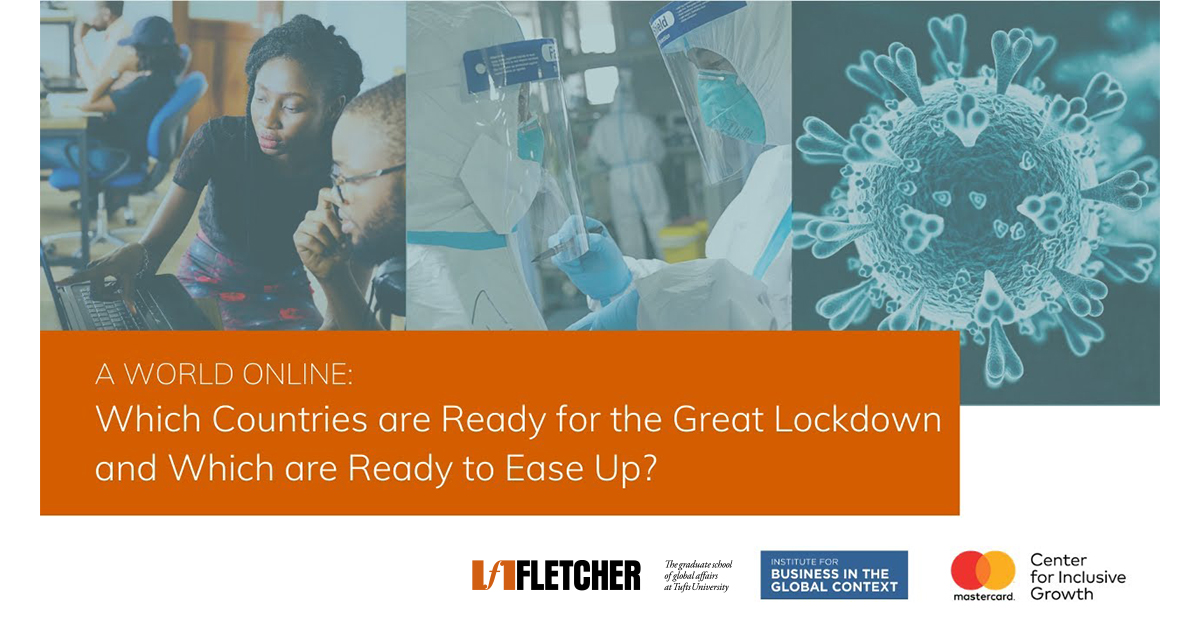
The inaugural IDEA 2030 webinar features insights from Digital Planet’s Social Distance Readiness Benchmark, focusing on how easily countries can enter and exit lockdowns during the COVID-19 pandemic.